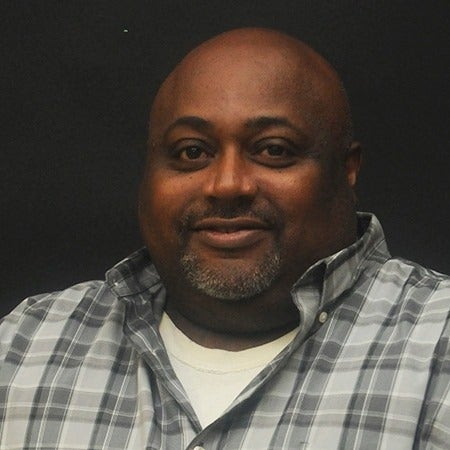Lum, many others deserve recognition
Published 9:49 pm Friday, March 6, 2015
I’ve worked in Selma for nearly two years but there’s not a day that goes by where I don’t find myself in awe of the view of the historic Edmund Pettus Bridge, towering over the Alabama River.
Every now and then — usually in the midst of a busy workweek — the history that happened on the bridge gets pushed to the backburner in my mind. When that happens, it’s not very long before it all comes flooding back and I’m once again left pinching myself in awe of working at a place a stones toss away from where leaders of the Voting Rights Movement changed the face of history across the United States.
I had one of those moments when working on the 50th anniversary commemorative magazine last month. I had the honor of speaking to Sister Barbara Lum, who worked at the Edmundite Mission’s Good Samaritan Hospital in 1965.
Lum held the hand of civil rights activist Jimmie Lee Jackson in his final days, who would always ask her the same question when she made her rounds: ‘Sister, don’t you think this is a high price to pay for freedom?’
Lum also remembered John Lewis’ time in the hospital and can recall seeing Dr. Martin Luther King come through the hospital. She remembered the tear gas, thrown by state troopers, which filled the air and became overwhelming during the hallways of the hospital.
I could have talked to Lum for hours about all of the people she had met during that time and the thousands that those at Good Samaritan treated during her time there.
Lum, who now lives in Rochester, New York, is expected to be back in Selma for the 50th anniversary of Bloody Sunday and to take part in a jubilee for the first time.
“It’s a little unbelievable and a little unreal and I think it may be a little emotional as well,” Lum said when I talked to her for the magazine.
Here’s hoping she gets a spot near the front of the line for the bridge crossing Sunday.
Those who marched over the bridge, led the movement, and refused to be told no deserve all of the credit in the world for the role they played in the Voting Rights Movement, but it’s people like Lum who are often forgotten about.
She didn’t march over the bridge, but she and other nurses at the Good Samaritan Hospital treated blacks at a time when no other hospital for several counties would.
“I realize if we hadn’t been there, I have no idea of where they would’ve had to go,” Lum said.
This weekend’s events are going to be very powerful as the eyes of the nation focus on Selma. As much as the rest of us want to be a part of celebrating history, it’s important that we focus on the history that was made and those who played a part in making it.



